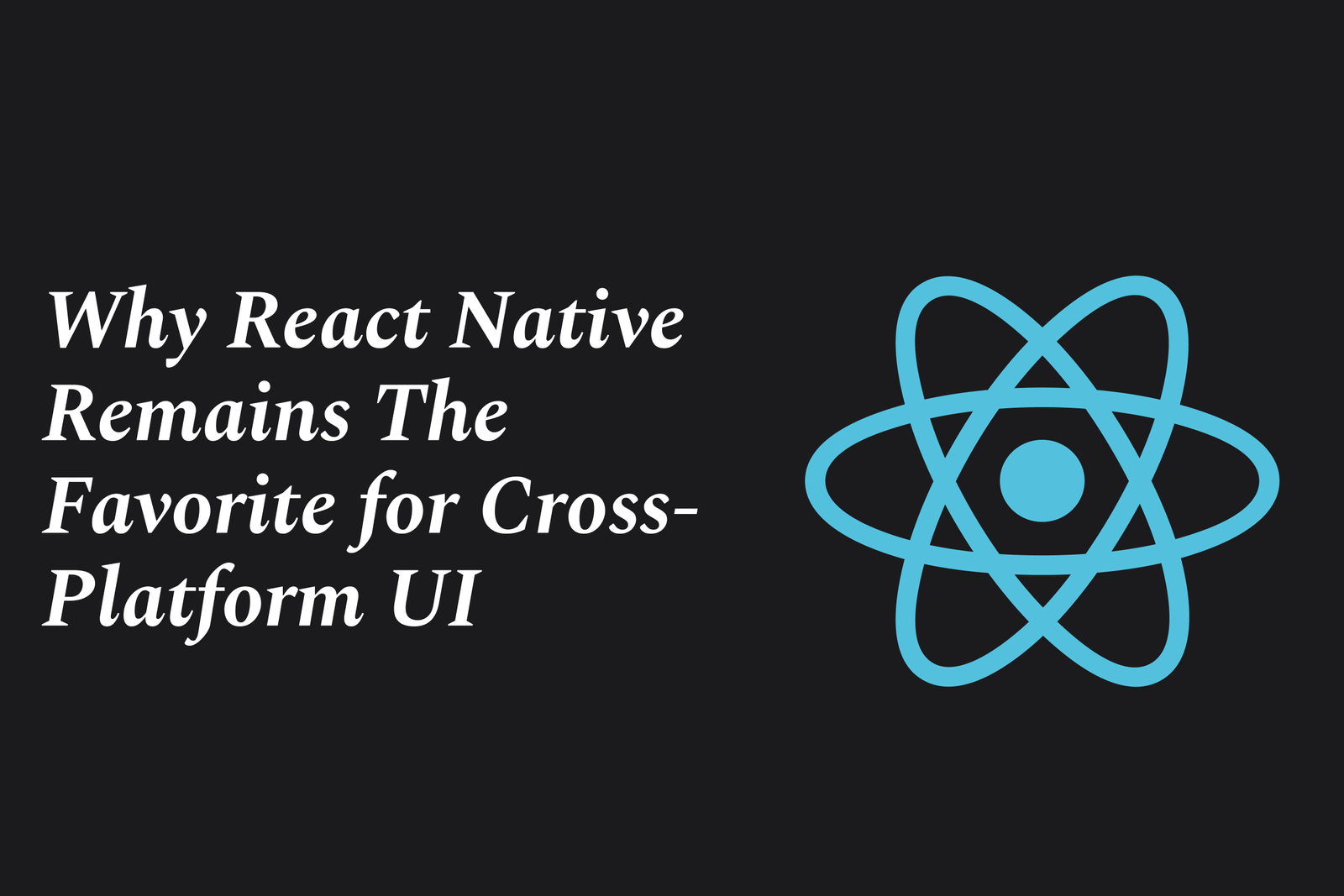React Native?S New Push Notification Features You Must Try
React Native’s new push notification features let developers easily schedule, display, and manage notifications across iOS and Android. With improved token handling, customizable channels, and seamless Firebase integration, these tools enhance user engagement and app interactivity like never before.
React Native’s New Push Notification Features You Must Try
1 ) Introduction to React Native Push Notifications
React Native provides powerful APIs to handle push notifications that allow developers to fetch tokens, present, schedule, receive, and respond to notifications across platforms. These features greatly enhance the user engagement and interactivity within mobile applications by delivering timely updates directly to users even when the app is inactive.
2 ) Key Push Notification Functionalities
Schedule one off notifications for specific times or dates.
Schedule repeating notifications based on time intervals or calendar matches (iOS specific).
Manage the application badge icon count dynamically.
Obtain native device push tokens compatible with Firebase Cloud Messaging (FCM) for Android and Apple Push Notification service (APNs) for iOS.
Retrieve Expo push tokens to utilize Expo’s push notification service.
Listen and react to incoming notifications both in the foreground and background.
Detect user interaction with notifications to trigger app specific responses.
Imperatively dismiss notifications from the notification tray or center.
Customize notification channels on Android including icon and color.
3 ) Installation and Configuration
To start using these features in a React Native or Expo project, install the `expo notifications` package using:
npx expo install expo notifications
Ensure appropriate configuration and credential setup for push notifications on each platform. A development build is necessary for full push notification functionality, especially on Android.
4 ) Practical Usage and Testing
Example usages include setting notification handlers to control sound, badge, and banner display, and implementing token retrieval methods for sending notifications from backends. Physical devices are required for testing push notifications as simulators do not support them reliably.
5 ) Why Use Firebase with React Native for Push Notifications
Firebase Cloud Messaging (FCM) offers a cost effective and robust service for managing push notifications across Android and iOS, with extensive support and integration. Firebase complements React Native by simplifying notification delivery workflows, supporting analytics, authentication, and real time database features which enhance overall app performance and user engagement.
6 ) Advantages of Firebase Cloud Messaging
Cross platform support with a simple JavaScript API.
Enables sending of targeted, segmented notifications.
Allows for remote triggering of notifications via cloud functions or APIs.
Supports both notification and data messages for flexible app behaviors.
7 ) Conclusion: Enhancing React Native Apps with Advanced Notifications
Leveraging React Native’s new push notification features together with Firebase Cloud Messaging empowers developers to build sophisticated, user centered mobile experiences. From scheduling to custom channel management, these tools help create interactive and responsive applications that retain and engage users effectively. Developers should explore these features to transform their apps’ communication with users and keep pace with modern app standards.
https://justacademy.in/news-detail/new-android-security-updates-and-patches
https://justacademy.in/news-detail/android-smart-home-integration-updates
https://justacademy.in/news-detail/android-sdk-tool-updates
https://justacademy.in/news-detail/android-security-best-practices-updates
https://justacademy.in/news-detail/flutter-for-enterprise-level-desktop-apps
Related Posts
Java supports GDPR and data privacy by enabling secure data handling through encryption, controlled access, and precise data management. It allows developers to minimize PII exposure, ensure data confidentiality, and design workflows that comply with data protection regulations effectively.
Java code quality tools have evolved to include advanced static analysis, integrated security checks, and AI-powered code reviews. These updates help developers detect bugs, enforce coding standards, and enhance security, streamlining the development process and improving overall code reliability.
Java remains a cornerstone in big tech companies, evolving with modern features like records, pattern matching, and virtual threads. Its robust ecosystem, enhanced performance, and growing AI integrations keep it vital for both legacy systems and innovative new projects.
Java and CI/CD pipeline optimizations streamline Java application development by automating builds, tests, and deployments. They improve efficiency through parallelization, caching, and secure secrets management, enabling faster feedback loops and more reliable, scalable software delivery.
Java supports modern cryptography standards through its flexible Java Cryptography Architecture (JCA), enabling integration of advanced algorithms like AES, EdDSA, and post-quantum tools. Libraries like Bouncy Castle offer FIPS-certified, hardware-accelerated implementations for secure development.
Java 23 enhances record patterns by enabling concise, direct destructuring of record components within pattern matching, simplifying type checks and data extraction. This improvement boosts code readability and expressiveness by reducing boilerplate in handling immutable data classes.
Java remains a top choice for mobile app backends, powering scalable, secure, and high-performance server-side solutions. Latest trends include cloud-native microservices, reactive programming, and enhanced JVM optimizations, enabling efficient, flexible, and robust mobile backend development.
Java SE 24 and LTS Java SE 21 offer enhanced features and performance, while Apache Spark 4.0.0 introduces Scala 2.13 support and advanced ML and SQL capabilities. Together, they empower developers to build scalable, high-performance data applications with modern tools.
JUnit 5 modernizes Java testing with a modular architecture, improved assertions, and seamless Java 8+ support. Beyond JUnit, tools like Mockito and AssertJ enhance mocking and assertions, creating a powerful, flexible ecosystem for writing clean, efficient Java unit tests.
Java plays a pivotal role in cloud automation tools by providing a robust, platform-independent language used to build scalable automation frameworks like Jenkins and Selenium, enabling efficient CI/CD pipelines, testing, and orchestration across diverse cloud environments.










